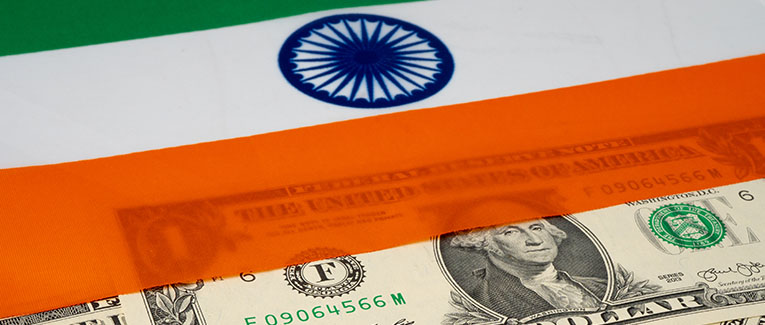
Decent interest rates make FCNR a very lucrative investment option. If you are not sure whether to invest in FCNR, read on. Also, you will learn the difference between FCNR and NRE fixed deposits.
Understanding FCNR
FCNR stands for Foreign Currency Non-Resident fixed deposit for NRIs. Since it is with banks, it is also called FCNR(B). Its features are as follows.
- It is a term deposit, not a savings account.
- The tenure ranges between 1 year and 5 years.
- The interest you earn on this is non-taxable in India.
- Principal, as well as interest, are repatriable.
- Loans against FCNR deposits can be availed.
Why is FCNR Lucrative?
Among all the low-risk investing options in India for NRIs, FCNR is best. The two popular bank account options, NRE and NRO, exchange your foreign currency for the Indian rupee. This means they are rupee-denominated. FCNR invests your income in the original currency. This means you do not lose out on any money because of the exchange rate, even during repatriation.
RBI allows FCNR deposits in all the easily convertible currencies. This includes the U.S. dollar, Euro, Pound Sterling, Canadian dollar, Australian dollar, Singapore dollar, Yen, Swiss Franc, and more.
Another benefit of the FCNR account is that you can avail loans against it. This is available whether you are a corporate or non-corporate individual. You have the ability to raise loans in rupees or foreign currency, as you want. How you can pay back these loans will vary according to your bank’s policies.
The interest rates for FCNR vary depending on three factors: the foreign currency you invest in, the bank you choose, and the tenure of your deposit. Decide on a reputable bank to open your FCNR account. A fixed deposit in an FCNR account will hold your money for a certain duration. Thus, the safety of your money is important.
FCNR or NRE Fixed Deposit (FD)?
Consider these points. Both FCNR and NRE accounts are non-taxable in India. Both offer free repatriation. The repatriated money may or may not be taxable in the residing country, depending on their rules.
The money in the FCNR account is in the foreign currency you originally deposited it in, but this is not so for NRE FD. The repatriable money will be in foreign currency for FCNR as compared to NRE FD. So, there is no loss due to the exchange rate for FCNR. You may lose money in your NRE FD if the rupee is devalued, and there is a high chance this will happen, given how the Indian rupee has performed in the international currency market.
This exchange rate risk hits hard if the rupee goes into a downslide. So, if you are worried about the quick devaluation of the rupee and you want to keep your money in India for more than three years, go for an FCNR account. It will ensure long-term safety along with benefits.

